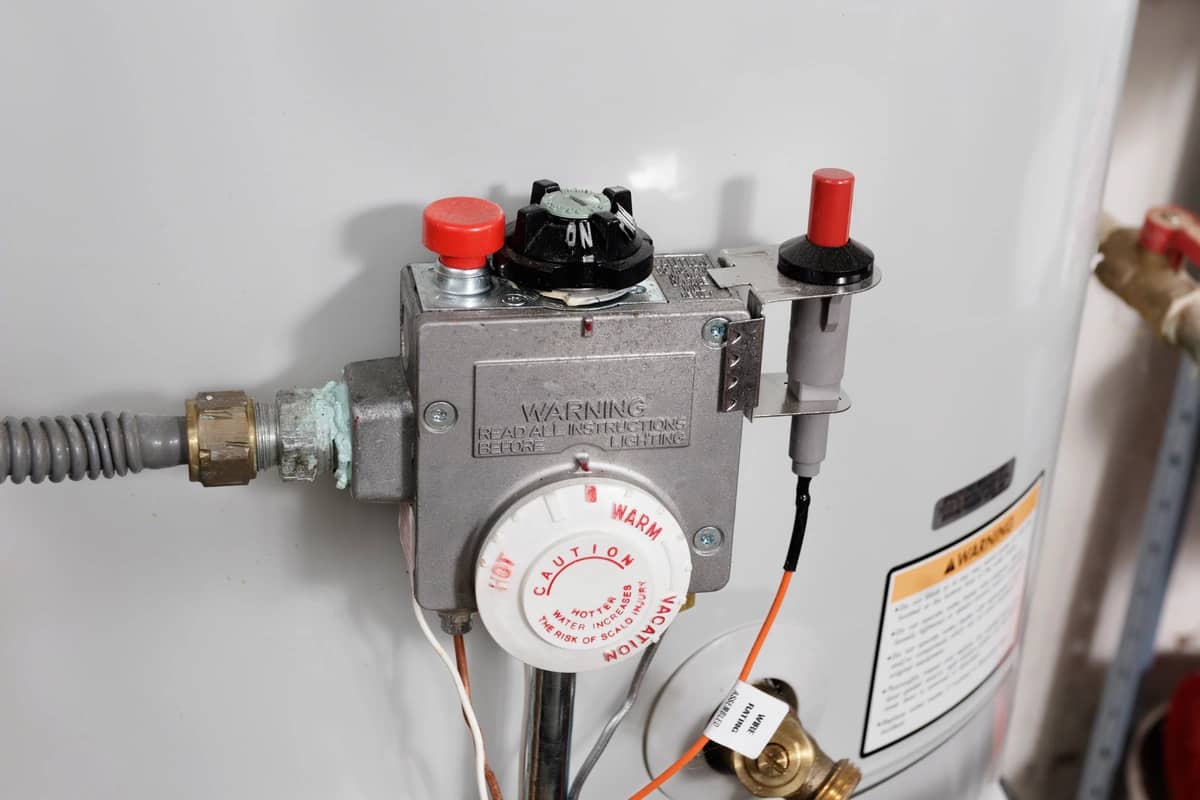
When you step into the shower on a cold morning, the last thing you want is a splash of cold water. An active water heater is a new usefulness that many of us regard as granted—until it breaks below. While professional water heater repair may be unavoidable for more intricate issues, understanding the fundamentals of water heater repair can save you time, money, and headaches.
Let us discover the common questions, troubleshooting tips, and when to request the pros.
Common Water Heater Problems
Water heaters, though mainly reliable, are not immune to issues. Here are a few ordinary issues you might encounter:
1. No Hot Water
If your water heater is not generating hot water, the convict could be an issue accompanying the thermostat, warming elements, or track breakers. For electric heaters, a tripped breaker or buffeted fuse is frequently the cause. In gas models, the pilot light might be out.
2. Inadequate Hot Water
When your water heater does not provide enough trouble, sediment accumulation in the tank may be a concern. Over time, minerals from the water can settle in the tank, lowering its efficacy and capacity.
3. Strange Noises
Hearing a rumbling or popping sound from your water heater? This can also be accredited sediment development. As the heater warms the water, the silt heats up and creates noise.
4. Leaks
Leaks can occur on account of rusting or deteriorating parts. If you notice water combining around your system, it is important to address the problem fast to prevent water damage.
Troubleshooting Tips
Before calling an expert for plumbing repair, there are any troubleshooting steps you can take to potentially clarify minor problems yourself.
1. Check the Power Supply
For electrical water heaters, guarantee the power supply is balanced. Guarantee that the circuit breaker has not tripped or the fuse has not blown. In the case of vapor heaters, examine if the pilot light is still lit.
2. Flush the Tank
To address trash buildup, try flushing the water heater tank:
- Turn off the power supply.
- Connect a garden hose to the drain valve and direct it to a floor drain or external area.
- Open the drain faucet and let the water and trash flow out.
- Once drained, close the valve, away the hose, and fill the tank.
When to Call a Professional
While DIY repairs may be rewarding, certain situations demand professional knowledge. You can also call a plumber in Concord.
1. Persistent Problems
If you have tried elementary troubleshooting and the question persists, it is an opportunity to call in a professional the one can diagnose and fix more intricate issues.
2. Safety Concerns
Gas water heaters pose security risks if not controlled properly. If you smell smoke or suspect a gas leak, empty the area, and contact a professional Plumber directly.
3. Structural Damage
Leaks that have caused important water damage or rusted elements often demand professional repair or replacement to guarantee the safety and adeptness of your water heater.
Conclusion
Remember, though, that safety comes first. If you are always in doubt, do not hesitate to inquire for expert help. With a little information and care, your water heater will stretch to serve you well, keeping those morning showers luxuriously warm.





